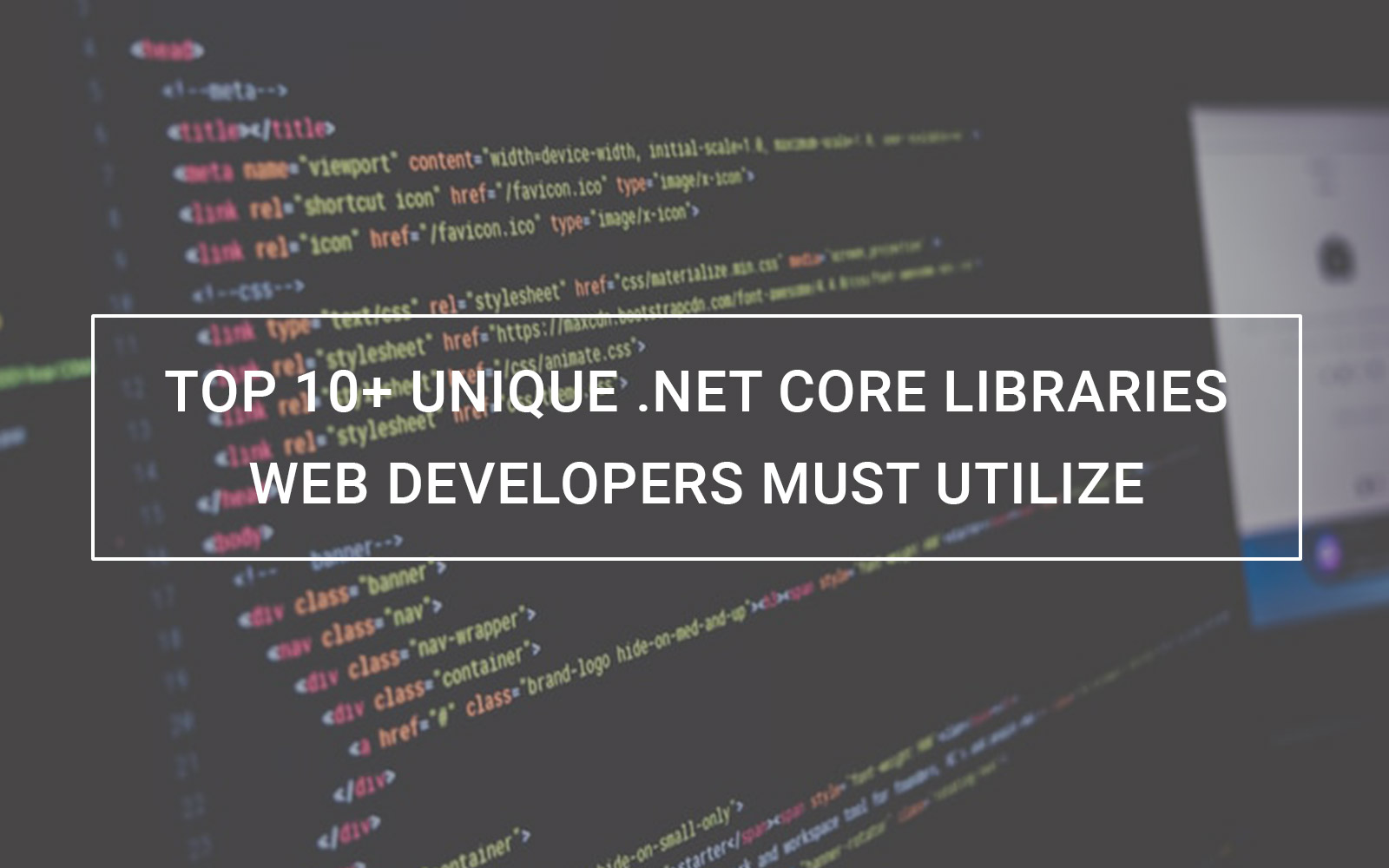Often you might have come across the term Web Portal and it may have made you wonder what it is? And how it is different…
What is most perplexing to people starting off their web journey is the difference between a website and a web portal. Websites are usually used for driving traffic online, whereas web portals limit traffic to a specific user group. Most web portals require the user to log in, which allows the site to deliver more detailed content and services based on who that user is. Websites are platforms that everyone can get to and are generally designed for a wider audience. As per the WorldWideWebSize, as of 2020, there were about 6 billion websites on the internet.
That said, there are a lot of similar functionalities between websites and portals today. Websites often use content targeting to develop personalized experiences for users and comprise public-facing pages that usually don’t require users to log in. They can have anonymous public pages, as well as personalized access.
The Difference between Website vs Web Portal
One key difference between websites and portals is whether the team that manages the site intends to create platforms or pages. In most cases, organization portals and websites will be owned by different groups and have varied expectations for how they should flow.
A marketing team may own the public website, prefer software built for blogging, measure user engagement, and enable a robust visual design of web pages. They will set their expectations around these core priorities. They need a solution that can create pages quickly that are either related or independent, with complete authority over where they fit the site’s overall structure.
However, most companies have to manage more than one public website. The Support team may own the customer self-service portal and need a solution that integrates their other applications. They need a solution focused on building a stage, complete with various types of systems and connected users.
Which one should you choose?
Like every virtual solution, the decision to design either a website or portal comes down to your unique situation and needs. With the overlapping functionalities between portal platforms and more traditional WCM website platforms, One can build most projects with either option (after sufficient work and planning).
Website:
- Narrate Your Story: A website gives you the power and space to tell your clients about your products and services. It helps you engage them in prolonged interactions to convince them to opt for your company.
- Provide Clear Contact Details: The ‘Contact us’ page on your website is a gateway to better client force. It allows your clients to investigate various ways to contact you, like your email address, office address, phone number, etc. Quit traditional methods now to help your business reach out to your clients on a platform that is highly trusted by everyone.
- Build Credibility: Build your website with many professional edges, choose themes, functions, and allow your websites to say it all for your products, services, policies, and partnership and membership. You could also include a portfolio on your website that makes your clients understand your aims and rely more on you.
- Client Base Growth: With SEO and website activities, you can increase your business visibility and create a good deal of client awareness worldwide.
- Answer FAQs: Websites help you resolve confusion or questions asked by new clients that can also become your most potent client base. Thus, including these questions on your website enables you to attract better client force while reducing your clients’ time.
- Website Development Process: The right way to make a good website includes Information gathering, Planning, Brainstorming, Content Writing, Coding, Testing, review, and Launching.
- Languages and Frameworks: The technology and web development world from its very start has seen the emergence of several web development frameworks and languages, of which some remain in existence. In contrast, others have died out with time. Some of the most prominently used contemporary languages and frameworks are Java, Ruby, Python, PHP, CSS, etc.
- These are some of the most often used languages, but the list goes on. They have different frameworks, which makes the development of different types of websites easy. Some of them are Django, Ruby on Rails, Symfony, Laravel, Bootstrap, CakePHP, Zend 8, CodeIgniter, etc. The most trusted and widely used language is PHP, recommended by many development companies and developers.
Web Portal:
This might not be standard information, but a Web Portal is a specially designed website. It provides information catered from varied sources such as emails, search engines, and online forums on one platform in an organized manner. Portal is a customized personal library that helps navigate and personalize notifications that provide a piece of well-integrated information from diverse sources. It has advanced features such as task management, collaboration, and business intelligence.
- Upgrading your website Web Portal development helps you improve the web pages’ capability to deliver a piece of quality information. Thus a web portal is a new toolset that makes the implementation of details better and behaves as a different communication approach.
- Domain-Specific: Domain-Specific development of web portals helps you attract users who seek information and services on that platform. Thus, it helps you attract a particular area of specialization.
- Interaction: Web portal design services help you interact better with your customers and clients when done efficiently. They allow you to make your web pages very interactive and target your audience better.
- Considerably Improves Relations: It helps in enhanced customer-company relations. It helps improve their customer relations by providing high-end and filtered information on a user-friendly and comprehensive platform.
- Web portal design services: Web portal design and development are intricate art as its functionality is complicated to render. The complex workflow of web portal development includes similar steps as those of website development. However, the difference lies in its features, coding, functionality, testing, and implementation.
- Languages and Frameworks: Since web portals are differently designed websites, the languages are similar to building and web designing services in website development. Thus, the top 10 frameworks used in building web portals are AngularJS, Laravel, React.JS, NodeJS, Ruby on Rails, Symfony, Asp.Net, Yii, Metor.JS, and CakePHP.
It’s easier to think of the portal versus website question as a blog versus an online journal. An online journal will likely have multiple contributors who need to access and work on the back end site. Writers are required to submit drafts. Designers are required to make updates to the UI as needed. Photographers need to upload their photos, editors need the ability to manage the rest of these roles, and so on. A portal solution would meet this complex structure’s needs with granular role permissions, built-in workflows, integration of various tools for each kind of user, and control over the presentation layer. On the other hand, a blog has one main contributor, whose primary concern is efficiently managing his library of content. Different roles may be added (like a guest blogger), but they often have specific requirements.
Integration with marketing tools and social media is essential, but they don’t need to be brought into the main interface in a visually consistent way. The main concern is building a strong customer experience on the front-end with more precise access to sorting through and editing written content on the back-end.
A website built on the WCM functionality would excel at this use by providing easy-to-use tools where necessary, allowing site owners to focus most of their energy on improving the front end.
Websites or Web Portal: Your ultimate decision
When you’re deciding between a website and a portal, you need to consider factors such as the project’s needs, current technology investments, the team’s needs managing it, etc. Portals can function as websites, and websites can serve as portals, so the technology you invest in should go beyond features to what you will be able to sustain long-term for your organization. All and all, depending on your business requisites, you can opt for either of the two choices. We hope these pointers of differences between the two will help you in undertaking a more informed decision. What is your final choice among the duo? Let us know!
Both websites and web portals are fabulous mediums to promote your business entity and function seamlessly in this internet era. If you plan to develop a business website or a web portal for your business needs, it is always recommended to hire expert developers. M-Connect Solutions has a team of adept IT whizzes that has the potential to create exceptional websites and web portals. Whether you want to create a website for your company or a portal for your specific needs, you can make the most out of it if you include the required futuristic features and technology in its making. M-Connect can extend deft support for your diverse website and web portal development needs. Reach out to us to know more!
About Hemant Parmar
Hemant Parmar is an eCommerce expert and a keen Magento consultant who specializes in meeting the needs of businesses in the e-commerce space. Years in the eCommerce market make him a perfect choice for sharing his expertise on eCommerce and Magento 2 development. He believes that customers need to be met no matter how challenging it might be.
Read More




